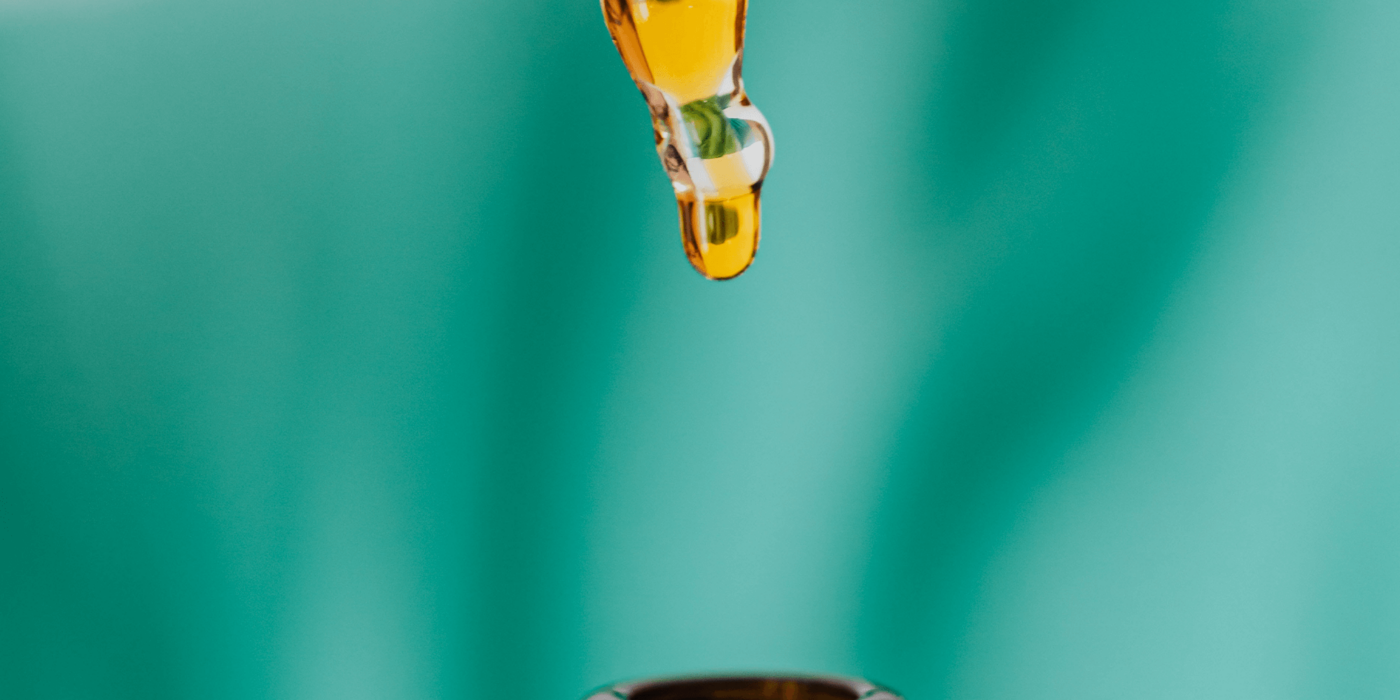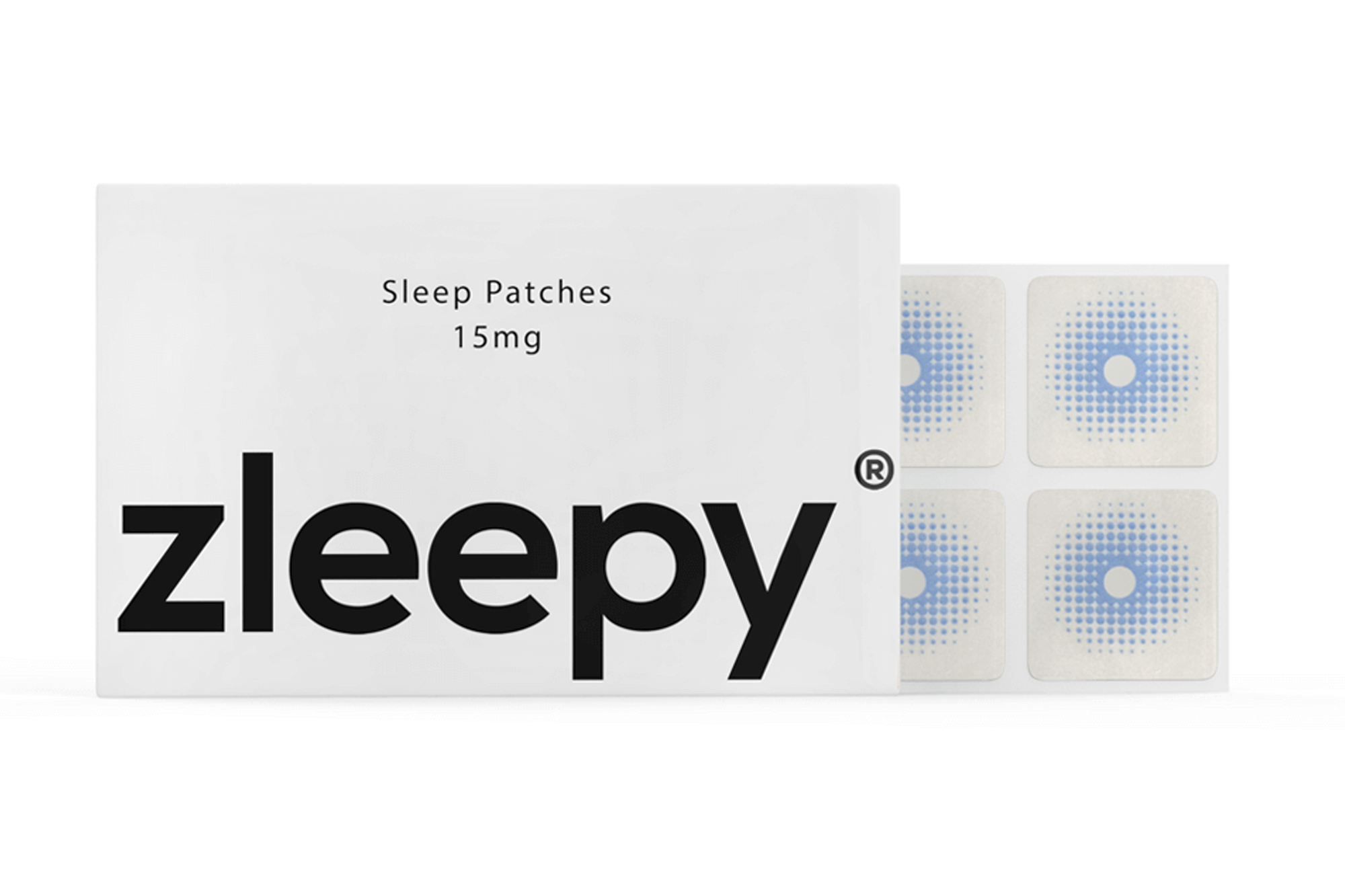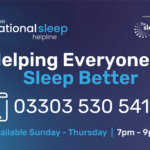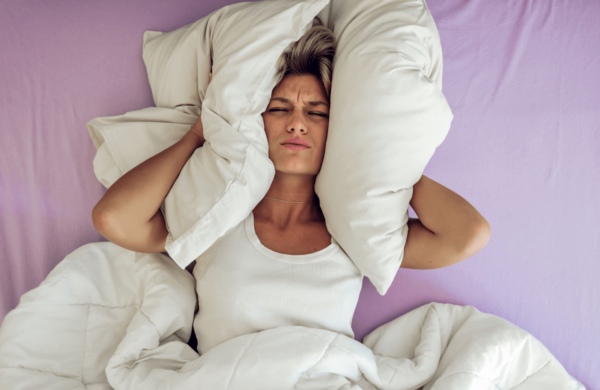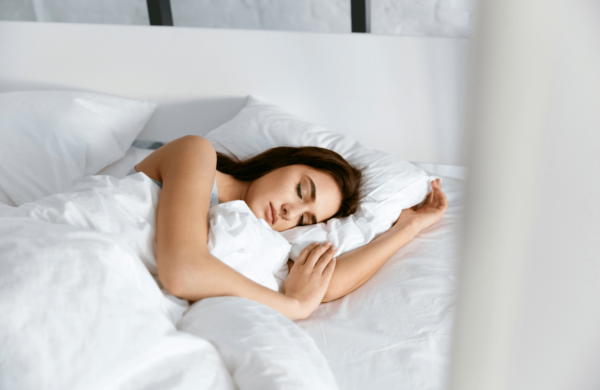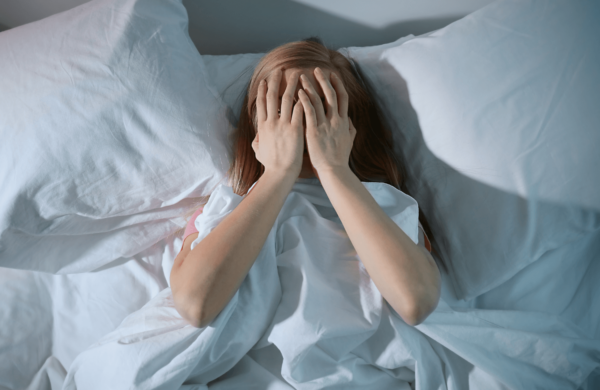Maximising Sleep with CBD Oil: When to Take It and Effective Alternatives
Alright, who doesn’t crave a good night’s sleep? We’ve all been there – tossing and turning, counting an endless parade of sheep, praying for the sweet embrace of sleep to take over.
Now, here’s where CBD oil comes in, grabbing headlines and winning hearts across the globe.
Extracted from the cannabis plant, CBD (Cannabidiol) has soared in popularity due to its potential anxiety reducing effects and its ability to promote better sleep.
But when’s the best time to take it for that much needed snooze fest?
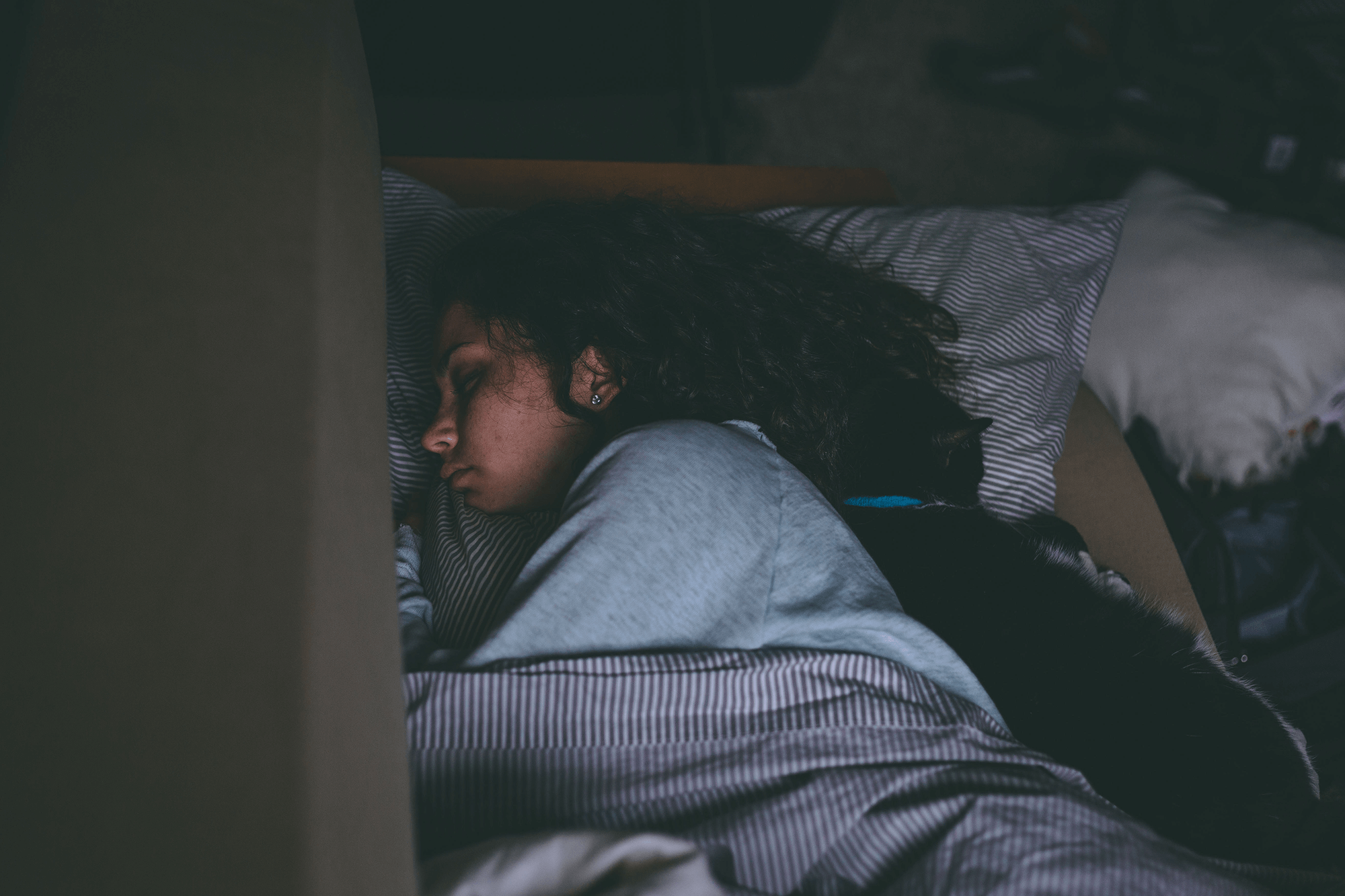
When to Take CBD Oil for Sleep
So, you’re considering CBD oil for sleep?
Fabulous! It’s generally recommended to take CBD oil about 25-40 minutes before you decide to hit the hay.
Once you’ve taken it, start winding down – dim those lights, switch off those screens and create a tranquil environment. Your body will thank you!
What Dosage of CBD Should I Take?
Now, this one’s a bit tricky as everyone’s different. As a general guideline though, people usually take between 20-40mg of CBD oil orally for sleep.
This is often administered via droppers, which is a super common method.
CBD Oil Dose for Sleep
20-40mg of CBD oil
However, if you’re using water soluble CBD, you might need less, thanks to its higher bioavailability. Anywhere from 4-20mg of water-soluble CBD should do the trick.
Water Soluble CBD Dose for Sleep
4-20mg of Water Soluble CBD.
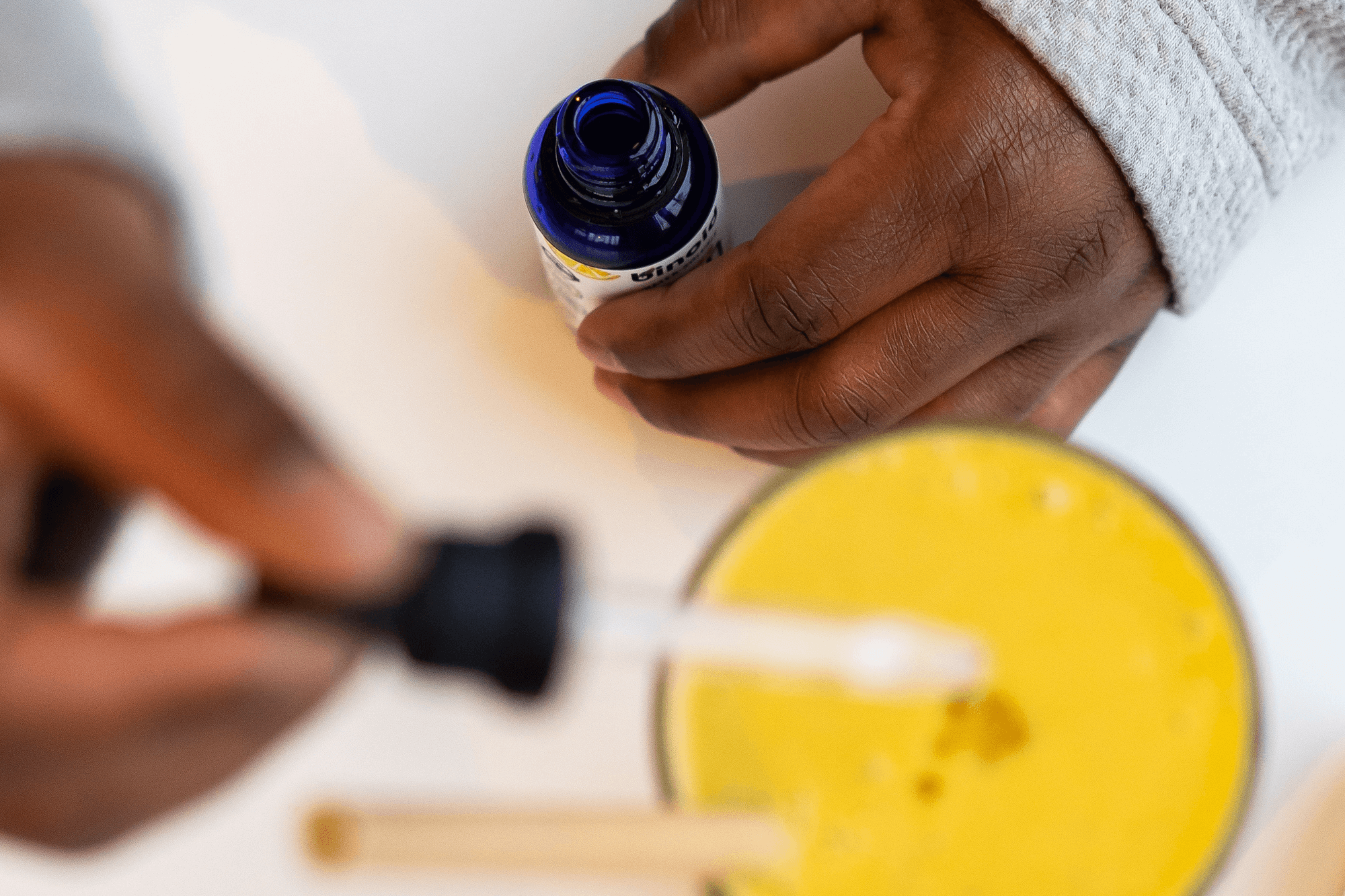
Potential Benefits of CBD for Sleep:
Insomnia: CBD may help reduce anxiety and promote relaxation, both of which can help individuals struggling with insomnia to fall asleep faster and stay asleep longer.
Fibromyalgia: This condition is often characterised by chronic pain, which can significantly impact sleep. CBD may help alleviate some of this pain, leading to more restful nights.
Arthritis: Arthritis sufferers often report pain-related sleep disturbances. The potential anti-inflammatory and analgesic properties of CBD can help reduce arthritis-related pain, potentially improving sleep quality.
Anxiety Disorders: The potential anxiety-reducing effects of CBD can help calm the mind, making it easier to fall asleep and stay asleep.
Chronic Pain: CBD’s potential pain-relieving effects can be beneficial for those suffering from chronic pain conditions, such as back pain or neuropathy, improving sleep by reducing discomfort.
Restless Leg Syndrome (RLS): Early evidence suggests that CBD might help relieve the symptoms of RLS, such as uncomfortable sensations in the legs that can disrupt sleep.
Remember, while CBD can provide potential relief for these conditions and subsequently improve sleep, it’s crucial to consult with a healthcare provider before starting or changing any treatment plan.
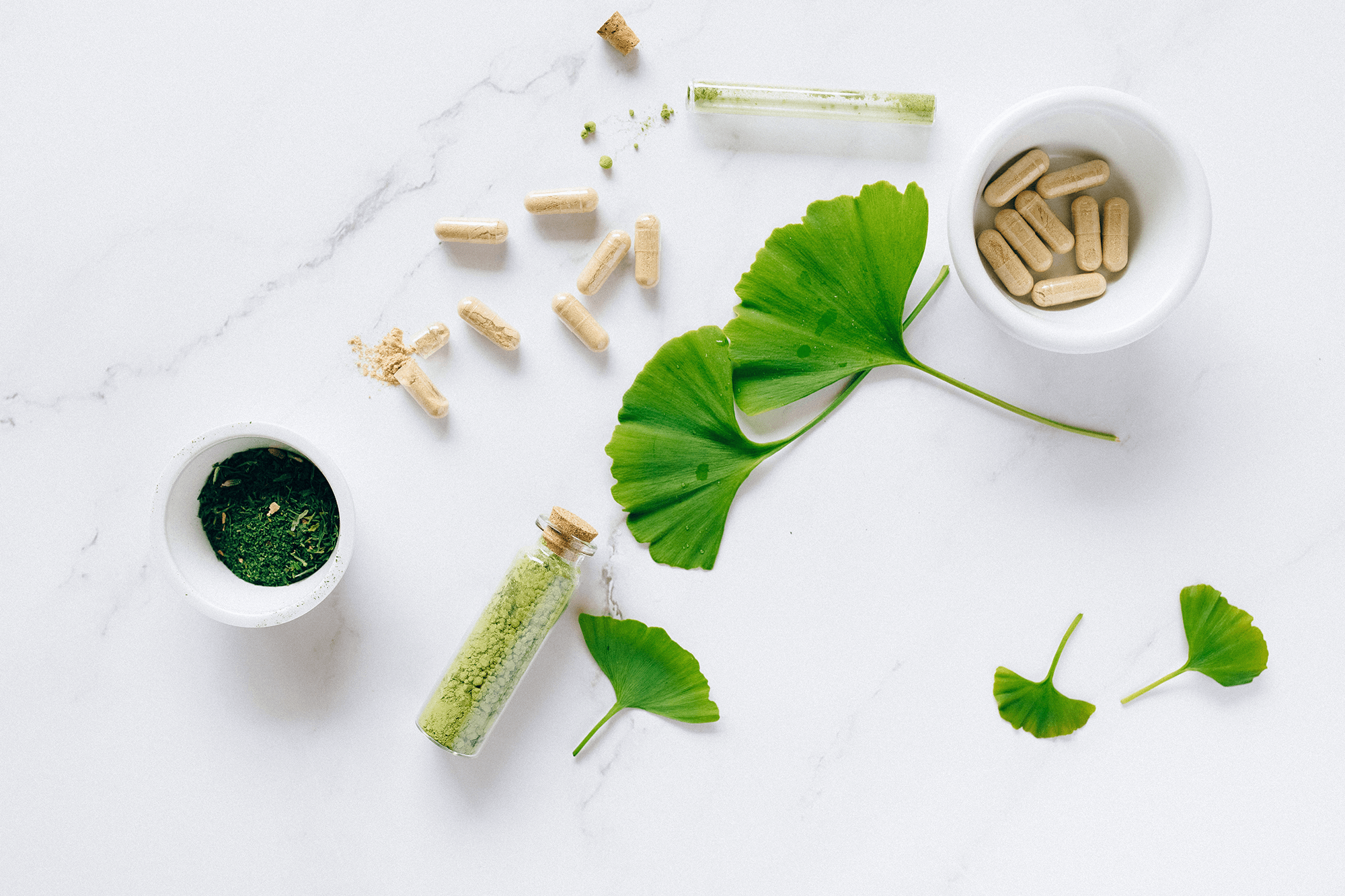
Alternatives to CBD Oil for Sleep
Alright, folks, let’s chat about other options. Yes, CBD oil is great and all, but it’s not the only sleep-enhancing tool in the shed.
Sleep Patches
Sleep patches are a unique alternative to oral CBD oil. They typically contain the same active ingredients, but are absorbed transdermally – directly through your skin.
This means you don’t have to worry about digestion or metabolism affecting the potency of the ingredients.
Plus, sleep patches also contain lavender, a natural sedative that’s been used for millennia to promote restful sleep. Just place a patch on your arm before bed, and let it do its work.
Magnesium Glycinate
Magnesium Glycinate is a form of magnesium that’s well-absorbed and gentle on the stomach.
Taking about 500mg before bed could help improve sleep quality.
Magnesium plays a key role in the function of your nervous system and helps regulate neurotransmitters, which send messages throughout your brain and nervous system. A deficiency in magnesium can interfere with this process, leading to sleep problems.
So, a little supplementation might be all you need to get your sleep back on track.
Calming Patches
Similar to sleep patches, calming patches contain the same ingredients but without the lavender.
These patches are designed to help reduce anxiety and promote a sense of calm, making them an excellent option for those who struggle with sleep due to anxiety or stress.
Glycine
Glycine is an amino acid that plays a crucial role in the nervous system.
Studies have shown that taking glycine can improve sleep quality, thanks to its role as a building block for protein and as a neurotransmitter.
A dose of 3-5 grams before bed could help you achieve a deeper, more restful sleep.
L-Theanine
L-Theanine is an amino acid found in tea leaves that’s known for its calming effects.
It works in part by increasing the levels of gamma-aminobutyric acid (GABA), serotonin, and dopamine in your brain—neurotransmitters that help to regulate emotions, mood, concentration, alertness, and sleep, as well as appetite, energy, and other cognitive skills.
Taking 250-500mg of L-Theanine can help promote relaxation without drowsiness, making it a great addition to your sleep routine.
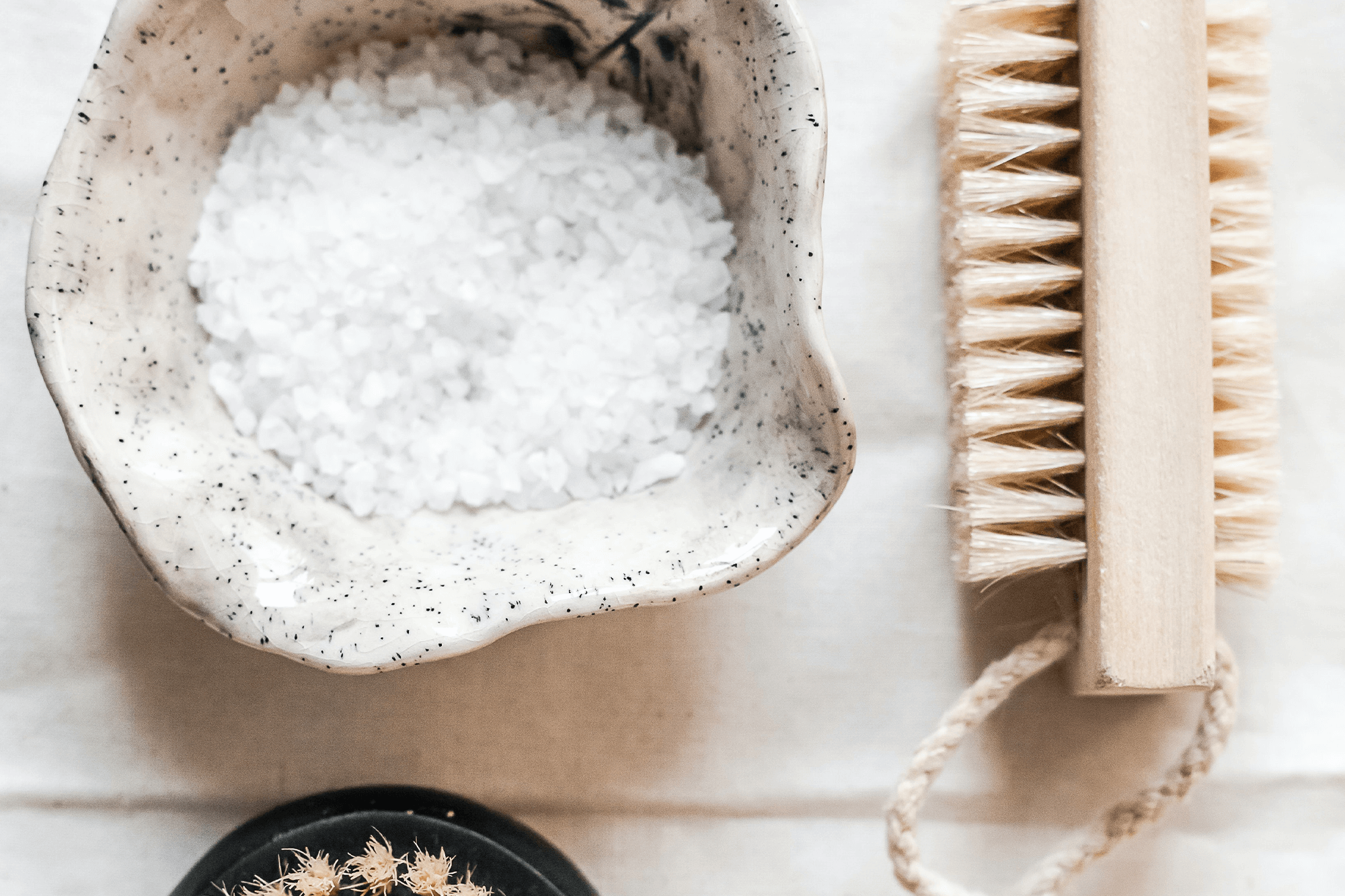
Ashwagandha
Ashwagandha is a traditional medicinal herb with multiple health benefits. It’s known to reduce anxiety and stress, help fight depression, boost fertility and testosterone in men, and even boost brain function.
The plant, also known as Indian Ginseng or Winter Cherry, originates from India and North Africa. Incorporating Ashwagandha into your routine can help you relax and enjoy better sleep.
Magnesium Flakes
Magnesium flakes are a form of transdermal magnesium that can be absorbed through the skin.
They are made from magnesium chloride, sourced from the ancient Zechstein seabed in places like the Netherlands. A hot bath with magnesium flakes not only helps you relax but also helps to supplement your magnesium levels, aiding in a more restful sleep.
Cold Showers
Do cold showers help with sleep? Cold showers are a simple yet effective way to improve sleep. The sudden decrease in body temperature after a cold shower can help stimulate the body’s parasympathetic nervous system, which is responsible for rest and repair.
This in turn can promote deeper, more restful sleep.

Sleep in a Cold Room
As with cold showers, sleeping in a colder room can promote better sleep. A drop in your core body temperature signals to your body that it’s time to sleep, and maintaining a cooler bedroom can help facilitate this process.
Research suggests that the optimal temperature for sleep is around 18°C.
Get Natural Sunlight
Exposure to natural sunlight, particularly in the morning, can help regulate your body’s internal “body clock”—the circadian rhythm.
This is because sunlight triggers your body to produce more of the sleep hormone melatonin as the day goes on, peaking in the evening when it’s time to sleep.
Coupling sunlight exposure with some light exercise, such as a morning walk, can also help enhance your sleep quality.
Phosphatidylserine
Phosphatidylserine is a type of fat compound called a phospholipid, which can be found in your brain.
It’s been shown to have a number of health benefits, including improved memory, mental function, and stress response.
As for sleep, taking about 500mg of sunflower-sourced phosphatidylserine can help regulate cortisol, a hormone linked to your sleep cycle, and can therefore improve sleep quality.

5-HTP
5-HTP (5-Hydroxytryptophan) is a compound that the body makes from the amino acid tryptophan.
It gets converted into the neurotransmitter serotonin and then into the hormone melatonin, which regulates sleep.
Taking 5-HTP can enhance your body’s melatonin production, but caution is advised for those taking SSRI’s or other types of antidepressants, as 5-HTP can interact with these medications.
Taking a dose of around 200mg can be beneficial for sleep.
Electrolytes
Staying well-hydrated with the aid of electrolytes can help ensure a better night’s sleep. Dehydration can interfere with your body’s natural melatonin production, which can in turn disrupt your sleep.
However, electrolytes not only help to hydrate the body but also help it retain water, reducing the need for nighttime bathroom visits.
You don’t have to drink this right before bed – it can be consumed earlier in the day to help keep you hydrated.
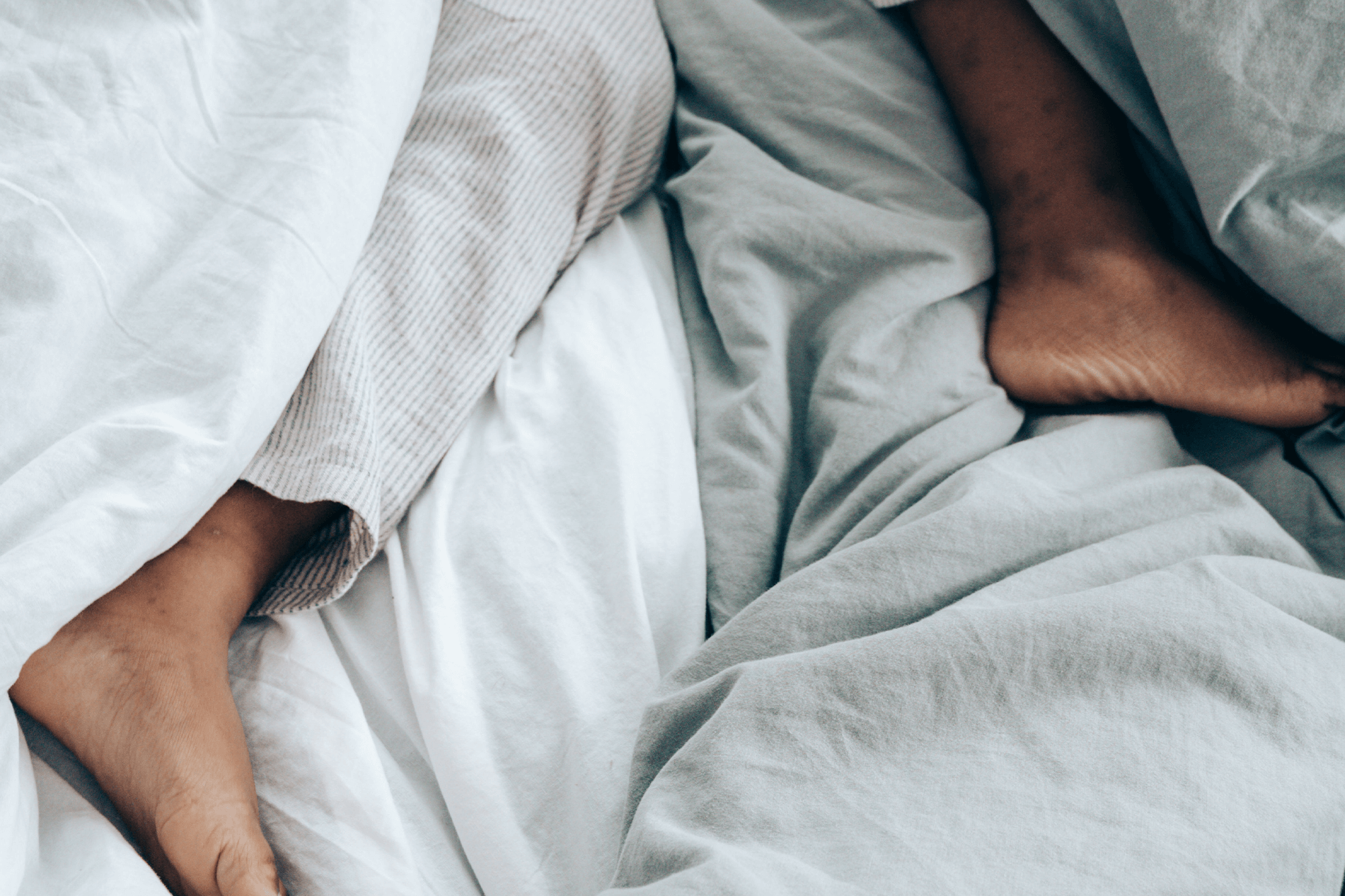
In Summary
Sleep is a complex process that can be influenced by a wide range of factors.
If you’re looking for alternatives to CBD oil for sleep, consider trying sleep patches, magnesium glycinate, calming patches, glycine, L-Theanine, Ashwagandha, magnesium flakes, cold showers, sleeping in a cold room, getting natural sunlight, phosphatidylserine, 5-HTP, or staying hydrated with electrolytes.
As with any new supplement or lifestyle change, it’s important to discuss these options with your doctor or a qualified health professional to ensure they’re safe and suitable for you.
Remember, a good night’s sleep is just a part of overall wellness.
Sleep well, friends!

